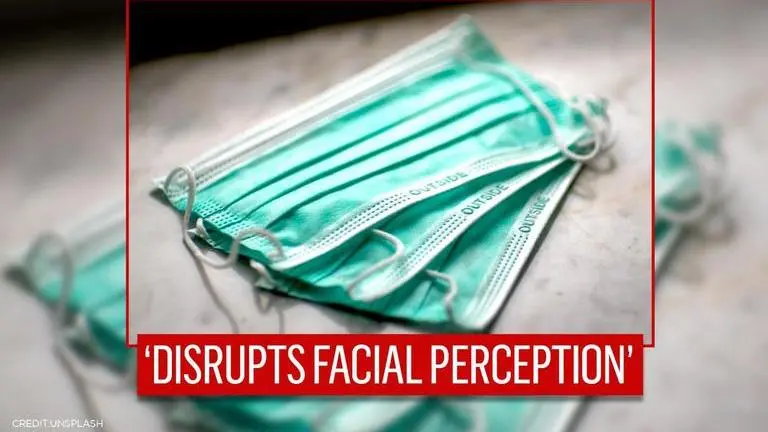Updated 27 December 2020 at 19:05 IST
Face masks disrupt facial perception, says new study by York University
Face masks disrupts facial perception says a new study by Ben-Gurion University of the Negev (BGU) in Israel and York University in Canada.
- Lifestyle News
- 2 min read

According to a new study led by researchers from Ben-Gurion University of the Negev (BGU) in Israel and York University in Canada, it becomes difficult to recognize familiar faces while they are covered with a mask in order to curb the spread against the COVID-19. The study reveals the impact of this predicament and its potentially significant repercussions. The study reveals that the success rate of identifying someone wearing a mask was reduced by a total of 15 per cent.
A new revelation
Professor Tzvi Ganel, head of the Laboratory for Visual Perception and Professor Erez Freud, who earned his PhD at BGU who is also currently a faculty member at York University in Toronto, Ontario said, “For those of you who don’t always recognize a friend or acquaintance wearing a mask, you are not alone”. The researchers added, “Faces are among the most informative and significant visual stimuli in human perception and play a unique role in communicative, social daily interactions. The unprecedented effort to minimize COVID-19 transmission has created a new dimension in facial recognition due to mask-wearing”.
The researchers used a modified version of the Cambridge Face Memory Test on the 500 people on which the study was conducted. It was concluded that the masks interfered with extracting a holistic impression of faces. Also, this led to feature-by-feature processing which is considered to be less accurate and more time-consuming strategy.
Advertisement
Professor Galia Avidan who is a member of the BGU Department of Psychology and the Department of Cognitive and Brain Sciences said, “This could lead to many errors in correctly recognizing people we know, or alternatively, accidentally recognizing faces of unfamiliar people as people we know”. He added, “Face masks could be even more challenging to people whose face recognition skills are not ideal to begin with and cause greater impairment”.
Advertisement
(Image Credits: Unsplash)
Published By : Akanksha Arora
Published On: 27 December 2020 at 19:05 IST
